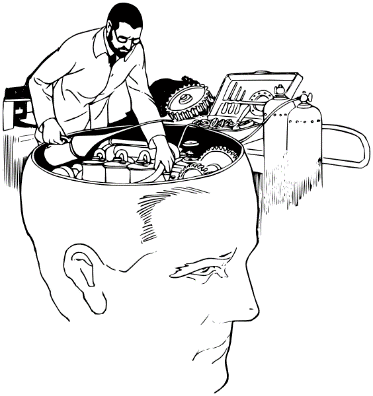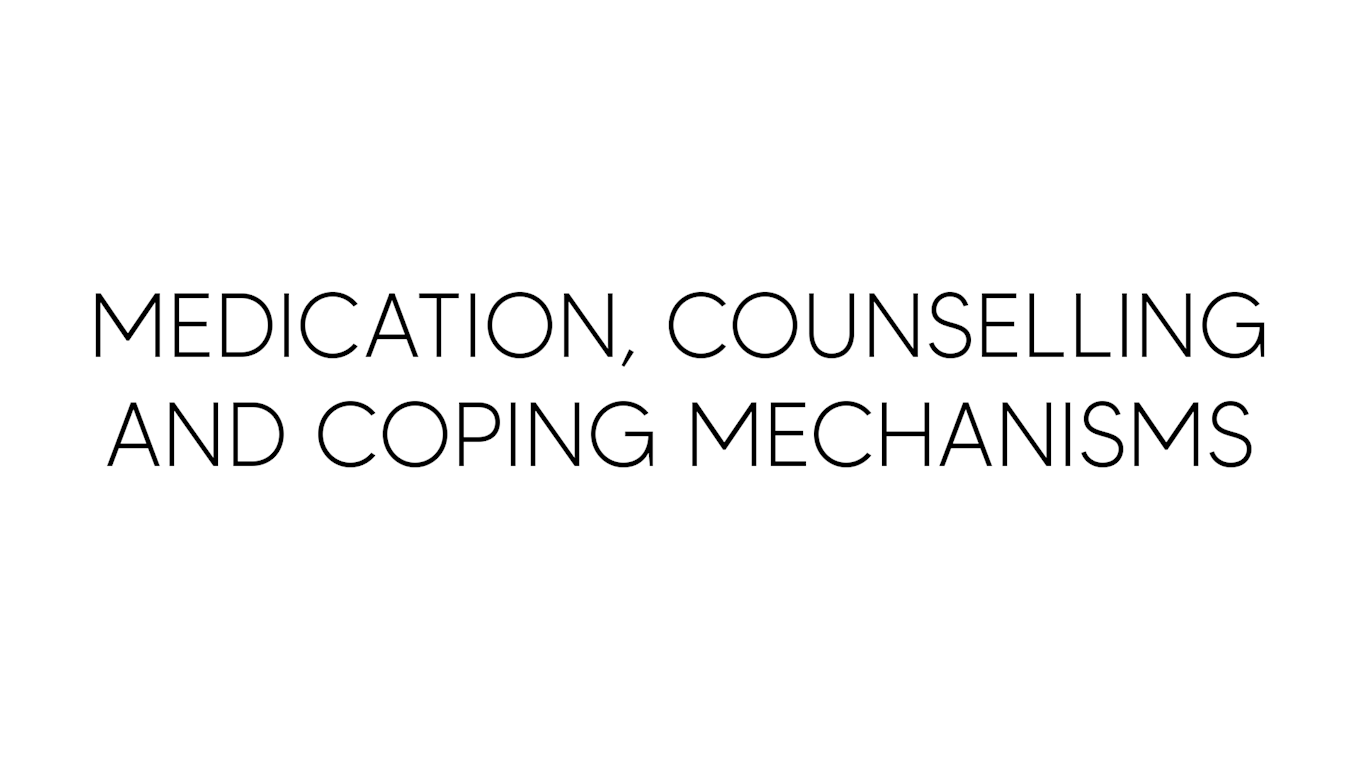There is a strong discourse about mental health in sport and particularly in professional football at this time of national crisis but for it to truly be discussed openly it needs to start at the top of each football club.
If chairs and directors are not creating a safe, confident environment to allow conversation on the topic, how can we expect our employees, staff and supporters to start opening up?
At a recent media event three Premier League players were asked this question: “How often is mental health discussed at … [your football club]?” The answer from all three was hardly ever, if at all.
Ask the same question at Newport County AFC and the answer would be every week via a variety of official club channels. I have conversations nearly every day with people linked to the club on the subject and in relation to their own wellbeing.
It is for these reasons that I have decided to record some thoughts on the topic via four daily blogs, including why it is an important subject to me, my own experience and some coping mechanisms I have used.
We are all different and so anything I say might not be the case for you, however I hope by opening up it will give others the courage to start talking themselves.
I am not going to reveal my original trigger as I don’t believe it will benefit anyone reading this; it could possibly have the opposite affect – suffice to say I understand where all this comes from.
Medication, Counselling and Coping Mechanisms
If you have been to see your GP about your mental health, I would imagine you were offered some sort of SSRI (Selective Serotonin Reuptake Inhibitors) if manifesting symptoms of anxiety or depression.
Chances are you weren’t offered any form of counselling. One GP actually laughed when I suggested this, and he wished me “good luck getting that in this area” or words to that effect. 
Mental health issues are not the same as an infection whereby you can take antibiotics so your body can fight the issue; medication will reduce the symptoms only.
There may not be a cure for your mental health issues and certainly no medication from the doctor will have a lasting effect on your state of mind, only discussing the issues you are facing and delving into previous experiences will allow you to start handling the issues.
I didn’t want medication although I do recognise it can have a place alongside counselling. Often counselling will take you to a dark place to identify the real problem underlying the anguish that you feel, and medication may provide support during that process.
Having some control over the physical symptoms will assist in facing your deepest fears or troubles while in counselling, but without identifying those there can be no progress.
(I didn’t want medication as those that are suitable for me with other health issues and medication meant I would need them for at least 6 months; I had previously had medication for depression a decade ago and remember the effort to wean myself of them when I was in a better position.)
Ideally this would be with a professional counsellor. Ask your GP for a referral to Primary Care Mental Health Services in your area and, of course, you can pay privately (other avenues are available, some housing associations can connect you and potentially pay for sessions). There are two benefits to this in my opinion:
- Your counsellor will be trained in delivering sessions and helping you move forward using techniques and skills that are bespoke to you and your situation.
- The counsellor will not know anyone else involved. This means you can talk openly with them without fear of them relaying anything back and judging anyone else involved in your challenges; their focus is on you and getting you to a better place, hopefully to overcome and remove any hindrances you have in your mental wellbeing.
On the Monday after my episode, I was put in contact with a counsellor that I knew someone else was seeing. She appeared to be having some success, so I made an appointment with her.
I couldn’t see her (Jane) for two weeks and when you’ve just had a massive episode like I did that’s a long time away, so I put the words of one of my former managers into play: “Don’t come to me with a problem, try and bring a solution.”
That has always stayed with me and I try to apply it to everything. I came up with some of my own coping mechanisms, some that I have used previously that weren’t necessarily out of need to remove negative thoughts but just for wellbeing. Here they are:
- Make a specific music mix that generates positive thinking; this is on my phone, so it is always with me no matter where I go. It can be played in the car, through headphones or even through speakers at home. The tracks can evoke different feelings and memories for instance “Another Chance” by Roger Sanchez reminds me of walking down the beach in Ibiza with the family when they were young, “Ayla” by DJ Taucher is off the soundtrack of one of my favourite films and “Can You Dig It” by the Mock Turtles transports me to being a 14-year-old listening to my Walkman while doing my paper round. They all have a specific message to me to help calm or motivate me to push on.

- Radio: similar to above I have downloaded the Absolute Radio app that allows me to listen to 90s music whenever I am in the car, or at home through Alexa. Absolute Radio 90s is basically the soundtrack to my teenage years and transports me back to a time when there were less stresses and worries.

- Following on from the music side of life I made sure that I have specific programmes and films available to me. “Kevin & Perry Go Large” is available to me at any point as it is again available through my phone or tablet, as well as being on the Sky box. I love stand-up comedy, specifically Rhod Gilbert and Lee Evans, I have some sets of theirs available to me although it can trigger my asthma if I’m not careful. If you haven’t seen Rhod Gilbert’s Ryanair suitcase routine, I defy you to watch it without laughing hysterically.

- I appreciate it’s difficult to see it at the moment, but exercise is key to my mental wellbeing. I started with County in the Community’s Walking Football as my GP advised it to get my body used to exercise again. I then progressed to “We Wear the Same Shirt” which encouraged me to up my exercise rate, this has helped me curtail weight gain which has been slowly happening because of not taking care of myself mentally thus impacting on my physical diet.
- If I’m feeling anxious I do not drink alcohol; I enjoy a good night out but that often means staying away from my family for the night and I wake up knowing that I have a difficult day ahead as a result of the amount of alcohol consumed and feeling generally crap for the day. Additionally, I will cut down on my caffeine as that reduces my agitation towards life – I love coffee but it’s not good for me when I’m on edge.
Some of these were put in place before I started CBT with Jane and I realise they will not work for everyone but if it gives some ideas then that is great.
For those who don’t know CBT stands for Cognitive Behavioural Therapy and is designed to train your brain to look at situations in a different way to how you currently do.
It works for me as it looked specifically at changing my illogical thoughts to more positive or realistic ones and actually my programme made absolute sense due to my vocational qualifications.
I studied Social Work at University and in that we were encouraged to use Reflective Writing as a tool to release pent-up stress and anger; it doesn’t sound as though it would help but to write it down is like expelling it from your body, you’ve articulated it and although no one else is necessarily going to read it you feel released from it (to some degree).
Jane took some time to get to know me, delved a little into my life to identify some other potential issues along with the main one that triggered the episode in Devon.
Those who know me will say I know myself well, what I need to work on, that I understand where my issues come from and to a lesser extent what I am good at or with, and therefore this particular branch of counselling proved invaluable to me.
Jane gave me homework each session, a form with 7 headings to help me work through the thoughts or situations I was facing, how they made me feel, then recording the facts and a logical, realistic and balanced perspective and how that impacted on my original feelings on the matter.
It was basically reflective writing but due to my issues I could not see that with clarity so I could utilise that tool, but over time I have been able to use this method to adjust my thoughts and cope with them to a greater extent.
Don’t get me wrong, I am not cured or doubt I ever will be, but I have effective coping mechanisms to take forward with me. Being armed with these tools allows me some control over my thoughts and by verbalising the form it allows me to readjust my thoughts to manage the levels of anxiety.
I share this in hope that there is just one thing that people can take away and utilise in their lives; prior to publication I have sought some views of people close to me and they have been able to do so. During this time of isolation and uncertainty it is crucial that we are able to reduce our stress levels as this will also impact on our physical wellbeing leaving us susceptible to the very thing we are trying to avoid.
Stay home, stay safe and look after yourself, family and friends
Written by Colin Faulkner, Director at Newport County AFC

